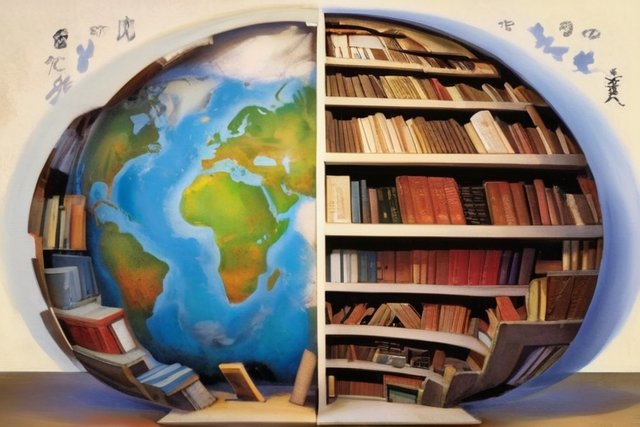Culture

In today's interconnected world, globalization has brought about significant changes in various aspects of society, including culture. This topic explores the effects of globalization on traditional cultural practices across the globe.
Globalization, with its advancements in technology, transportation, and communication, has facilitated the exchange of ideas, information, and values among different cultures. While this intercultural exchange can lead to cultural enrichment and cross-cultural understanding, it also poses challenges to the preservation of traditional cultural practices.
One aspect to consider is the influence of Western culture, which often dominates the global media and entertainment industries. As Western ideals and lifestyles are disseminated worldwide, traditional cultural practices may face the risk of being marginalized or even forgotten. Younger generations, especially, may be more inclined to adopt Western practices and values, leading to a gradual erosion of their own cultural heritage.
Furthermore, globalization has increased the mobility of people, resulting in the migration of individuals and communities across borders. As people settle in new countries, they often face the dilemma of preserving their cultural traditions while adapting to their host culture. This process can lead to the emergence of hybrid identities and the blending of cultural practices, creating unique multicultural communities.
However, it's important to note that globalization is a two-way street. While traditional cultural practices may be influenced or altered by external factors, they can also adapt, evolve, and thrive in the face of globalization. Communities may actively engage in efforts to preserve and promote their cultural heritage, using the tools provided by globalization, such as social media and digital platforms, to reach broader audiences and generate awareness.
Additionally, globalization has also fostered cultural exchange programs, festivals, and exhibitions, providing opportunities for different cultures to showcase their traditions and learn from one another. This cultural exchange can promote mutual respect and appreciation, strengthening cultural diversity on a global scale.
In conclusion, the impact of globalization on traditional cultural practices is a complex and multifaceted topic. While it presents challenges to the preservation of cultural heritage, it also offers opportunities for cultural enrichment, exchange, and adaptation. Striking a balance between preserving traditional practices and embracing the benefits of globalization is crucial to maintaining cultural diversity and fostering a harmonious global society.